Most accomplished and noted scholars readily agree that Emo was invented sometime between 1599 and 1601 with the writing and production of Shakespeare’s tragedy Hamlet, which was not an early precursor to Our Town. Achieving some literary fame over the years, the play features a girlfriend driven slowly mad, a blowhard gasbag constantly pontificating nonsense, and the two most important characters in theater history, Rosencrantz and Guildenstern. But it is the titular hero, Hamlet himself, who remains the very standard, ground zero, even, of the Emo persona. A dithering, indecisive character prone to talking to himself, long existential rants, aimless wandering, and Mommy issues. But he is handy with a blade.
The scholars also agree that Emo reached a modern apex with the publication of Marvel Comics’ 6-Issue limited series Longshot in 1985.
Written by Ann Nocenti and illustrated by a young Art Adams, Longshot follows the adventures of a dithering, indecisive character prone to talking to himself, long existential rants, aimless wandering, and Daddy issues revolving around the origins of his creation. He is also hand with sharp objects. And he has a mullet, which I bet Hamlet also sported.
Longshot, pursued by demons, escapes his world through an interdimensional portal, pulling his pursuers along with him. Arriving on Earth 616, he finds he has no memory of who he is and where he came from. The classic amnesiac hero. He quickly discovers that he has some sort of weird powers revolving around Luck. He adopts a puppy.
Throughout these 6 issues, Longshot makes new friends, gets a girlfriend, fights Spider-Man and She-Hulk (as one does), and does battle against the horrible hordes of the Mojoverse, including Spiral and the nefarious Mojo, himself. Along the way, he learns more about himself, the world he is from and the world he is in. Mistakes are made, but redemption is always right around the corner, and Longshot shares with us all the emotional impact of each moment in monologues. Lots of monologues. He also loses his puppy. Alas, poor Pup, we knew him.
This is, in truth, a batshit comic book. Which is a ton of fun to read. Bolstered by Art Adams’ early nightmarish pencils, Nocenti brings her love of existentialism and media/public affairs criticism to bear, mixing the fantastical nature of comics with social criticism. While this tendency can veer into heavy-handedness at times, the story is generally well-served by the mixture.
Longshot is very much an 80s comic, with suggestions towards the excess of the 90s. But it is certainly an anomaly of the time in both the occasional graphicness of the art and the subversiveness of the text.
Though this be madness, yet there is method in’t.
This article originally appeared as the introduction to episode 94: Longshot.
The Collected Edition is a comic book podcast where the hosts discuss the famous and infamous runs and story arcs throughout the history of comics. Please subscribe to the show on Apple Podcasts, Sticher, IHeartRadio, and Spotify.

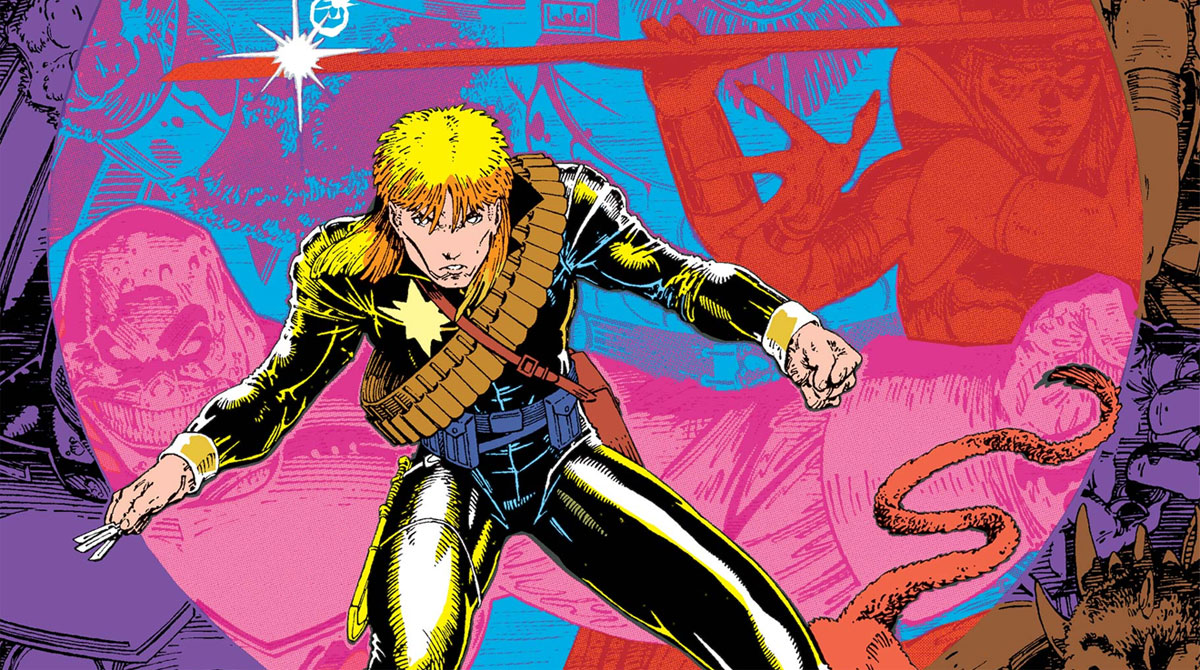
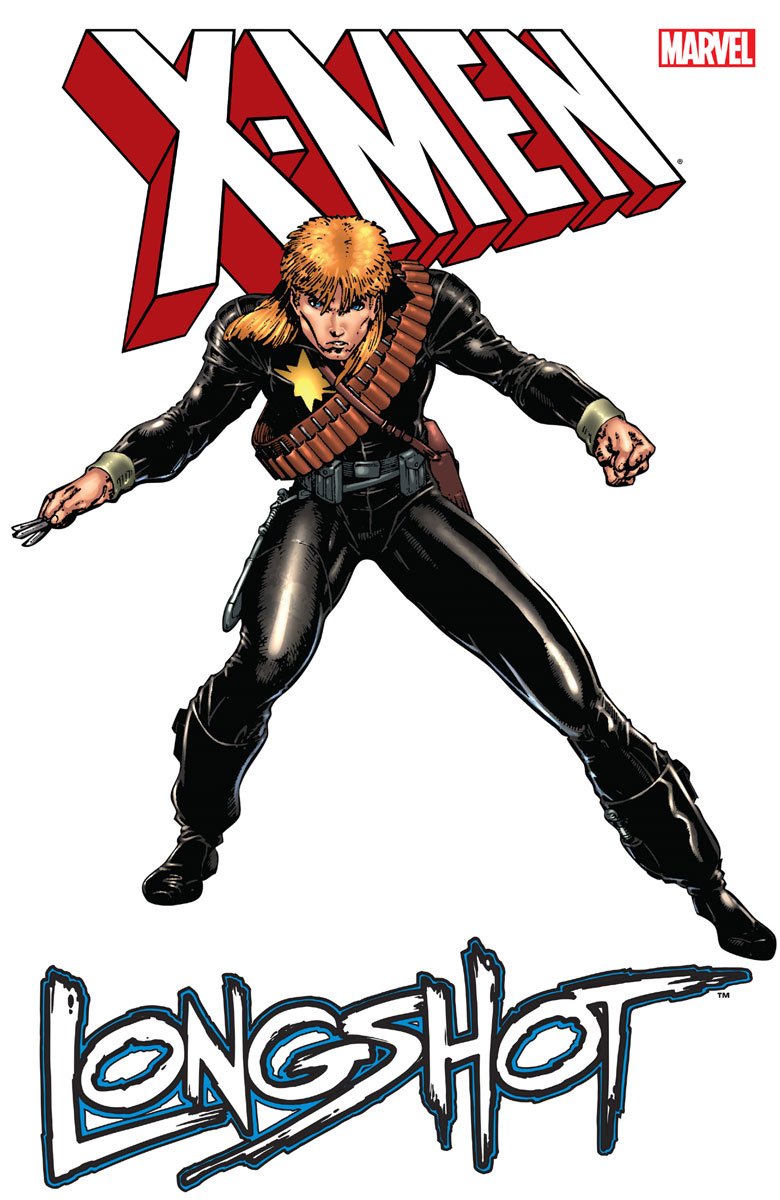
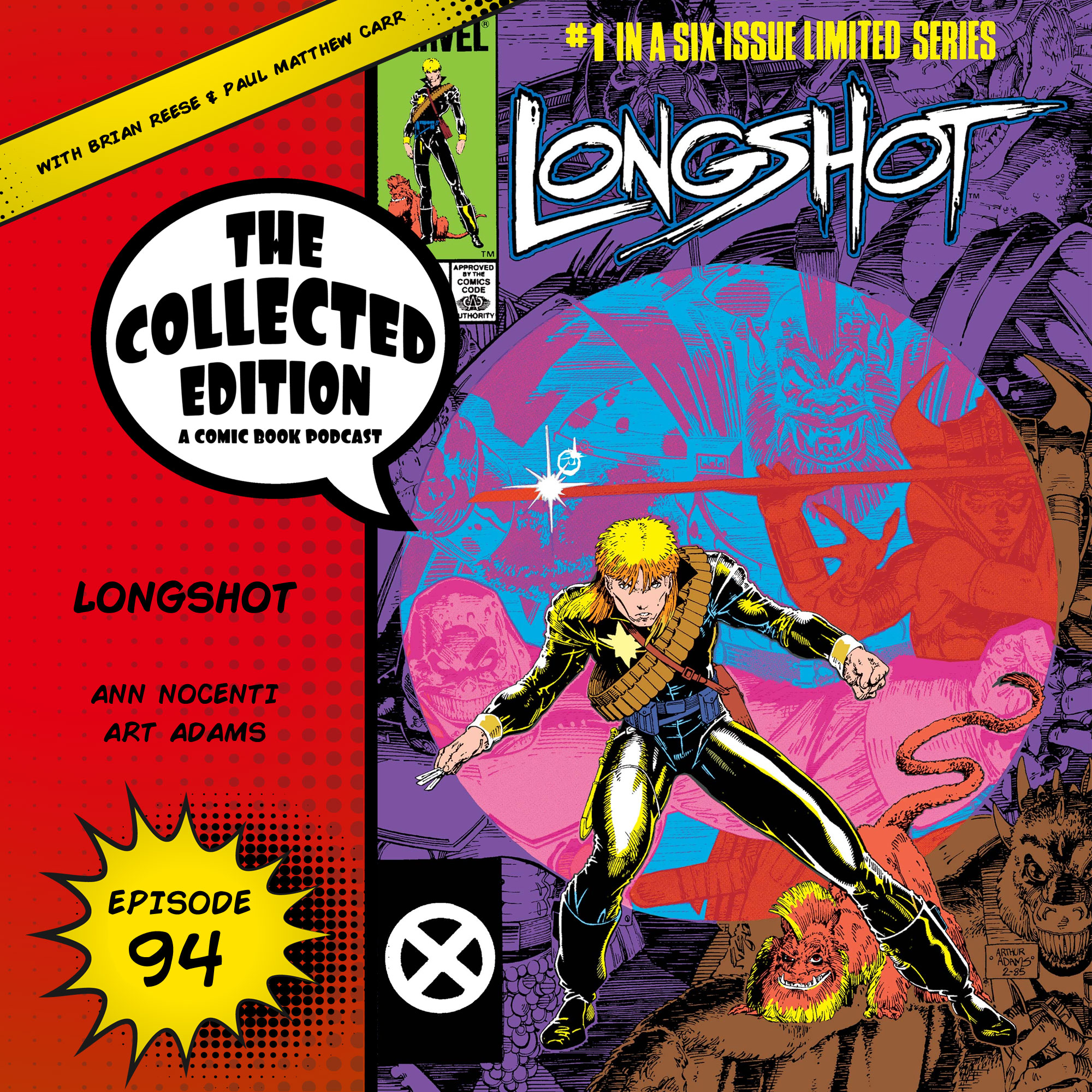
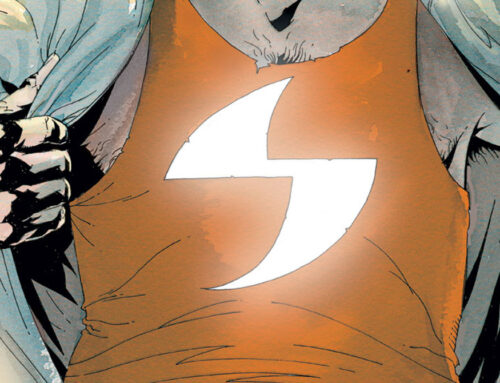
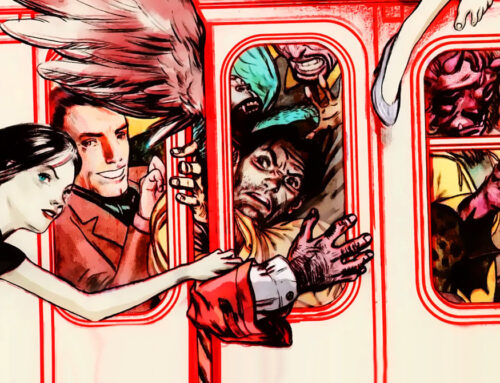
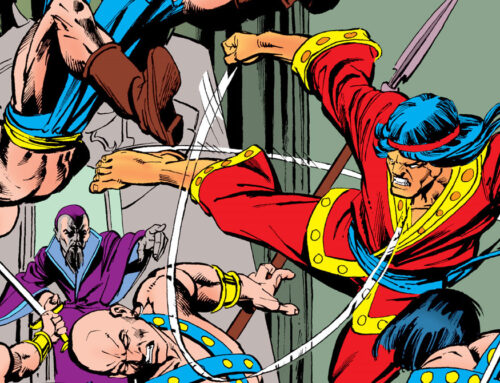
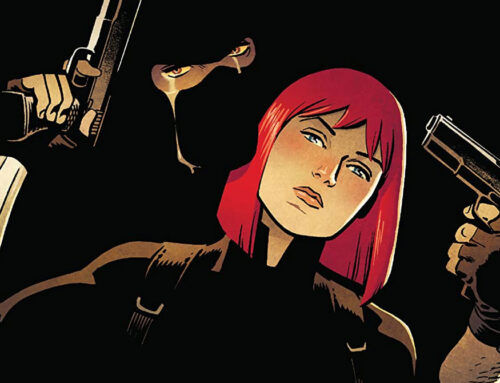
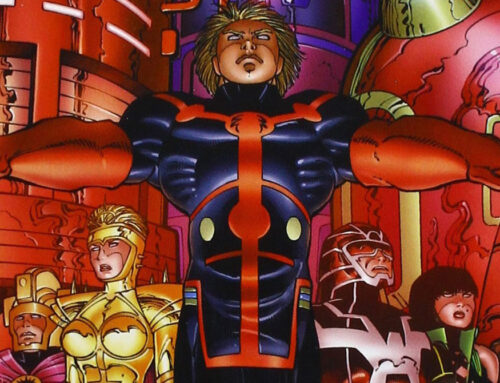
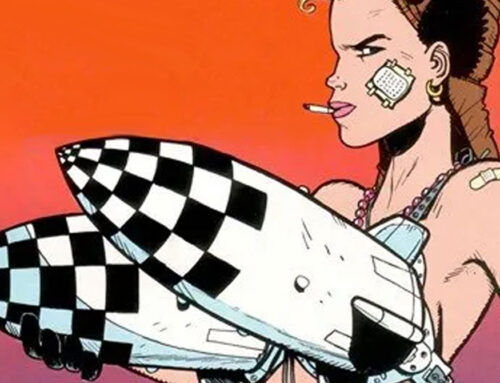

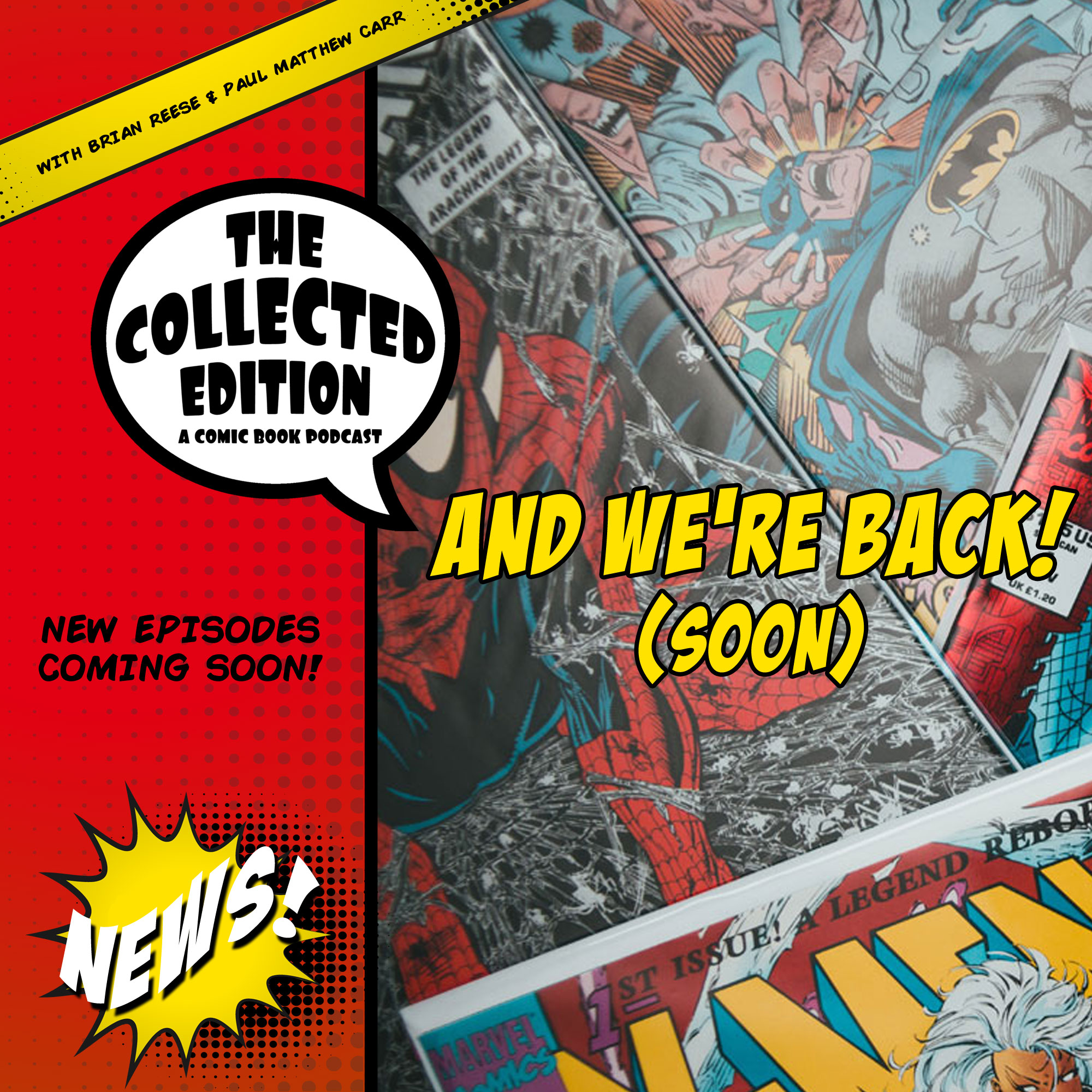
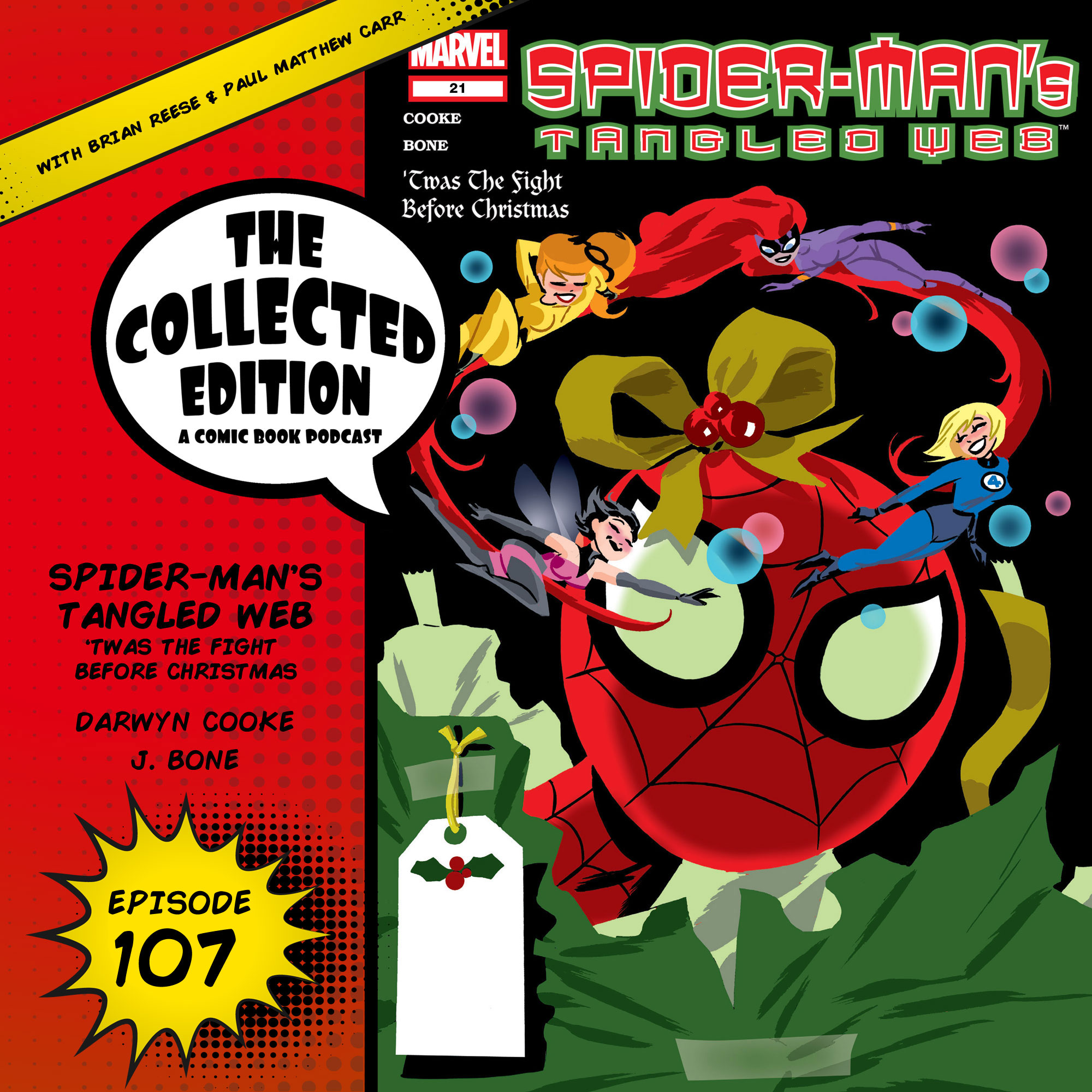
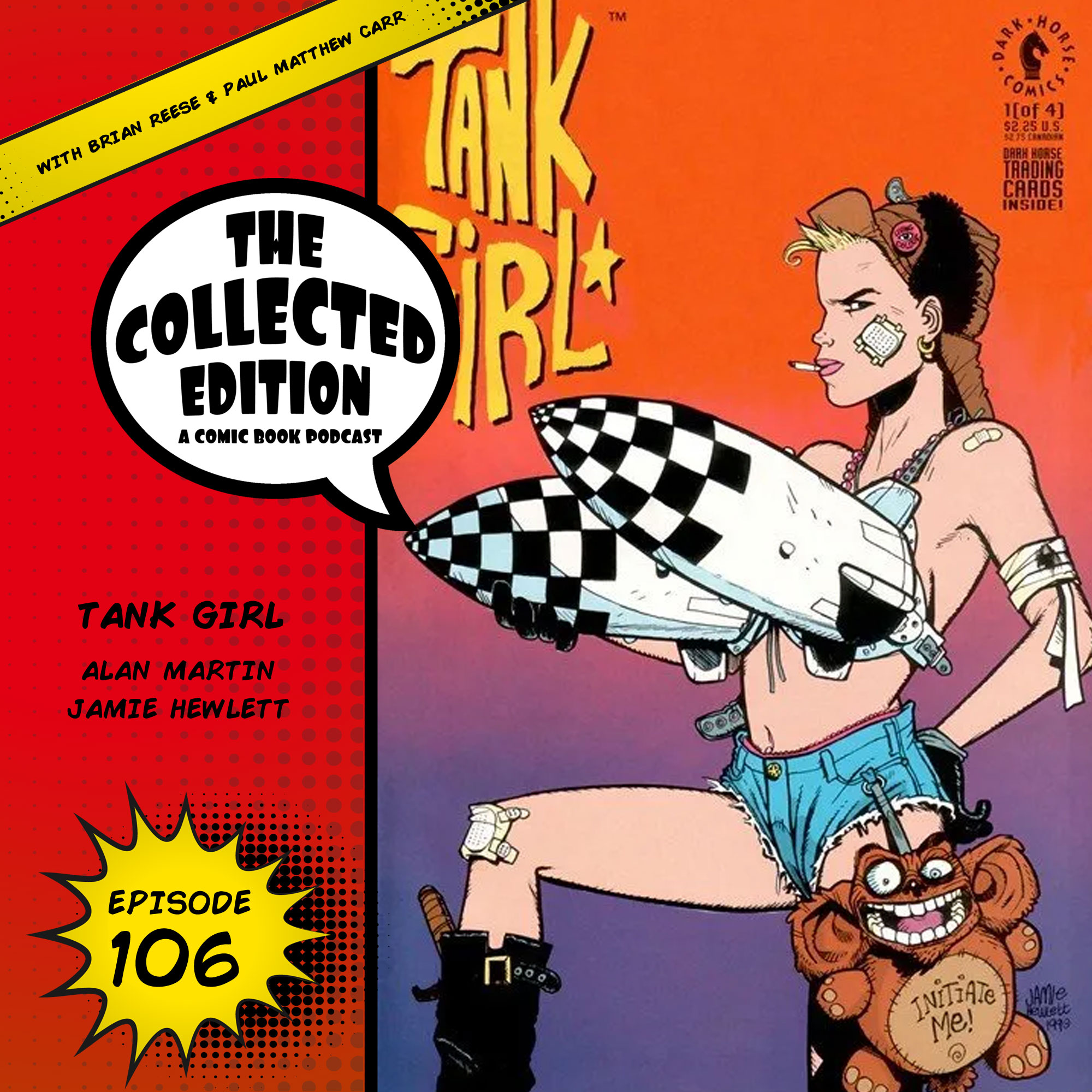
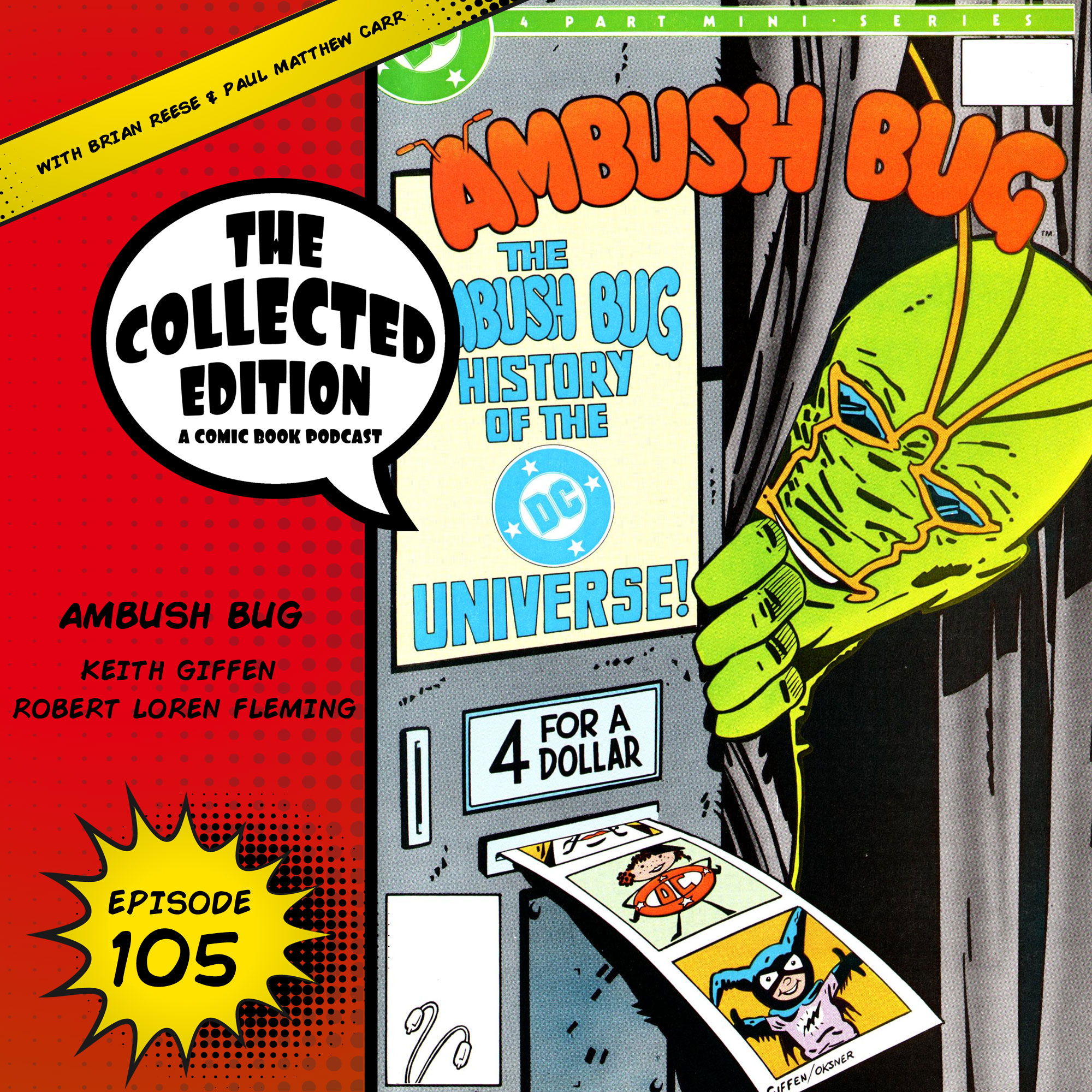
Leave A Comment